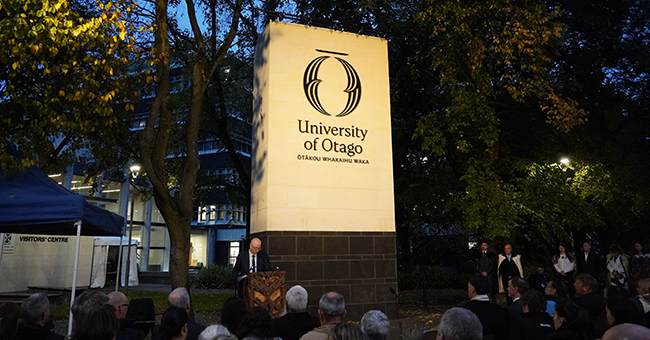From 24 to 28 April 2023, twenty-one laboratory experts from 19 countries within the WHO Region of the Americas (AMRO/PAHO) convened in Panama to participate in a hands-on training on next-generation sequencing (NGS). The training, part of a series held earlier for the WHO regions of Africa, South-East Asia and the Western Pacific, focused on incorporating NGS as part of a comprehensive, end-to-end integrated sentinel surveillance system to enhance laboratory capacities in the Region. The training included the characterization of both influenza and SARS-CoV-2 viruses. These laboratories are part of the Global Influenza Surveillance and Response System (GISRS).
Over the past two years, WHO has utilized the capabilities of GISRS to integrate disease surveillance of SARS-CoV-2 into influenza surveillance systems. As part of end-to-end integration, GISRS laboratories have been supported to genetically characterize influenza- and SARS-CoV-2 positive samples collected from sentinel surveillance using NGS.
In April 2023, the WHO Regional Office for Americas and the WHO Global Influenza Programme, in partnership with the WHO Collaborating Centre for the Surveillance, Epidemiology and Control of Influenza at the United States Centers for Disease Control and Prevention, the Association of Public Health Laboratories, and the National Influenza Center (NIC) at the Instituto Conmemorativo Gorgas de Estudios de la Salud, Panama City, Panama, conducted a practical training on NGS at the Instituto de Investigaciones Científicas y Servicios de Alta Tecnología (INDICASAT AIP), using the Oxford Nanopore Technologies platform, and bioinformatics to support and expand GISRS influenza and SARS-CoV-2 surveillance.
The training was part of WHO’s broader efforts to support countries with implementing end-to-end integration of SARS-CoV-2 and influenza surveillance, and PAHO’s Genomic Surveillance Regional Strategy for Epidemic and Pandemic Prone Pathogens. Post-training, participating laboratories will be supported with sequencing reagents to be made available through the Influenza Reagent Resource.








